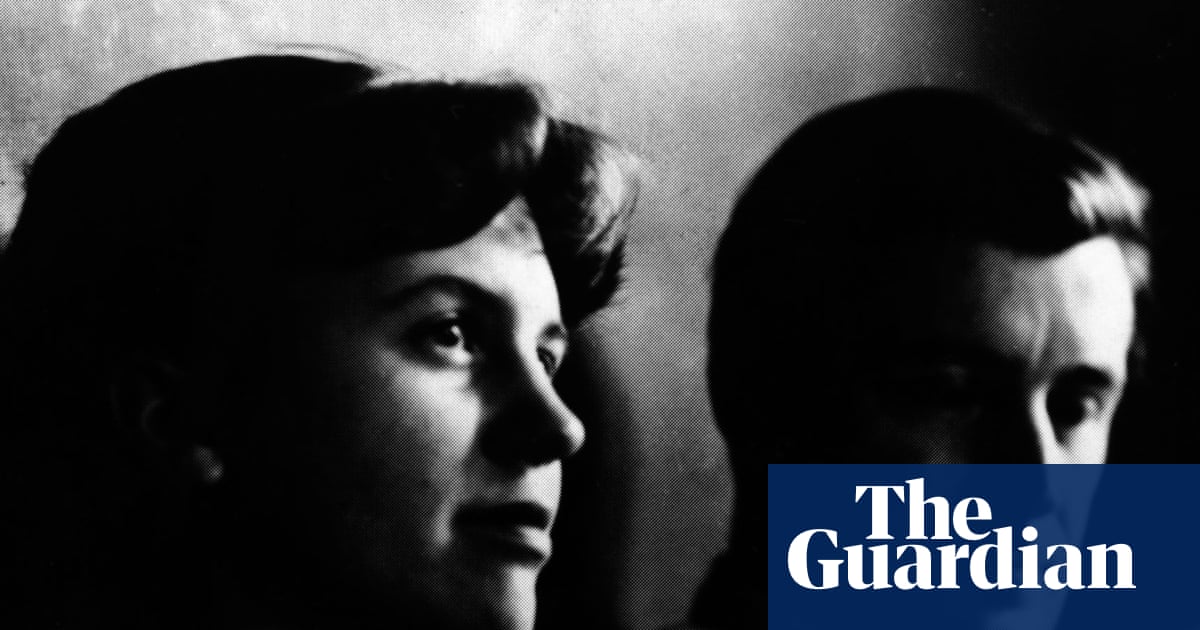Michael Jackson’s voodoo classic Thriller was high on Billboard’s Hot 100 in the week of 15 November, handing the 16-years-gone King of Pop a record for having a Top 10 hit across six different decades. Simultaneously, Jackson also broke records for receiving 116m views in 24 hours for the trailer of a new biopic, Michael, set for release in April.
Millions of fans may be excited and primed for a Jackson biopic. For comparison, the trailer beat out Taylor Swift’s Eras tour preview and it will join a procession of recent music biopics about Bruce Springsteen, Amy Winehouse, Bob Dylan, Elvis Presley and Elton John. The most successful of all – the Freddie Mercury and Queen biopic Bohemian Rhapsody – took in nearly a billion dollars at the box office.
But are moviegoers truly ready for Jackson to moonwalk back into their lives? It’s only six years since Leaving Neverland, a Netflix documentary that examined the claims of two men who allege they were abused as children by the singer, and nine since another, Off the Wall, examined his rise as an extraordinary solo performer.
Jackson, who was acquitted of all child sexual abuse charges after a 14-week criminal trial in 2005, remains a potent force, and his legacy is subjected to opposing forces: one that would celebrate his musical and performing talents, and another that would notate it but caution against further celebration in light of the accusations against him. Jackson and his estate have always denied the claims.
“I would not want to bet against people’s love of Michael Jackson,” says Dan Green, professor of entertainment management at Carnegie Mellon University, pointing to the hit Jackson Cirque du Soleil show in Las Vegas and the hit Broadway musical MJ. “I think there’s going to be a lot of interest around it and I would expect it to do really well.”
The Jackson biopic stars Jaafar Jackson, a nephew of the singer and son of Jermaine – proving that showbiz to the Jackson clan was never nothing less than a family enterprise.
The film, directed by Antoine Fuqua (Training Day), promises to tell “the story of Michael Jackson’s life beyond the music, tracing his journey from the discovery of his extraordinary talent as the lead of the Jackson Five, to the visionary artist whose creative ambition fueled a relentless pursuit to become the biggest entertainer in the world”.
The producer Graham King, who also produced Bohemian Rhapsody, told CinemaCon last year that he would deliver “to the audience a film like they’ve never seen before. When you mention his name, everyone has an opinion.”
The $150m production’s release was delayed when the filmmakers were forced to reshoot the last third of the movie after a challenge to a legal agreement with Jordan Chandler, a Jackson accuser who reached an out-of-court settlement with the singer for $23m in 1994, rendering part of what had already been filmed unusable.
How far Michael goes in addressing the claims against Jackson, or how far it goes in addressing the effect of those claims – he died in 2009 of poisoning by the anesthetic propofol administered nightly so he could sleep – is unclear.
“I think we’re being asked to bifurcate,” says Green. “So many of us live in our own echo chambers, we’re going to keep planning for our own aspects of it. The Jackson estate isn’t doing this because it needs a few extra bucks. It’s doing it because people still want to see this.”
Jeff Jampol, who manages legacy rock estates including those of Jim Morrison, Janis Joplin and Charlie Parker, and acts as a consultant to the Jackson estate, points out that a theatrically released biopic is the “best possible vehicle” for boosting an artist’s cultural legacy – regardless of any profit or loss.
“Remember, we wear a different hat to the film-maker. They’re looking to spend $20m to make $40m. We’re looking to connect a legacy to future generations. Even if the film makes no money theatrically, the resultant buzz, talk and publicity is more than worth it,” he said.
In that sense, the job of an estate manager or adviser is to identify what made that artist or act popular in the culture in the first place “and put it back into the pop culture conversation in a way that’s meaningful, credible and authentic to 11-to-30-year-olds”, Jampol says. “They then pick it up and the legacy moves forward. Remember, Light My Fire is a brand-new song to a 12-year-old.”
Jackson fans, he adds, “are so connected, fanatical and devoted. They still organize flash mobs to this day. Michael’s legacy was never about merely being ‘cool’, per se; it was about his artistry and his connection to people. He was unique, and he wore his heart on his sleeve.”
Ultimately, Jampol says, when managing an artist “with a lot drama or swirling accusations” around them, a biopic is still valuable.
“But what story does the director of the Michael Jackson biopic want to tell?” he asks. “And in telling that story, will it include any allegations, will it include his relationship with his father? Will it include his death, or his doctor, Conrad Murray? I don’t know. We will find out.”

.png) 3 months ago
69
3 months ago
69

















































